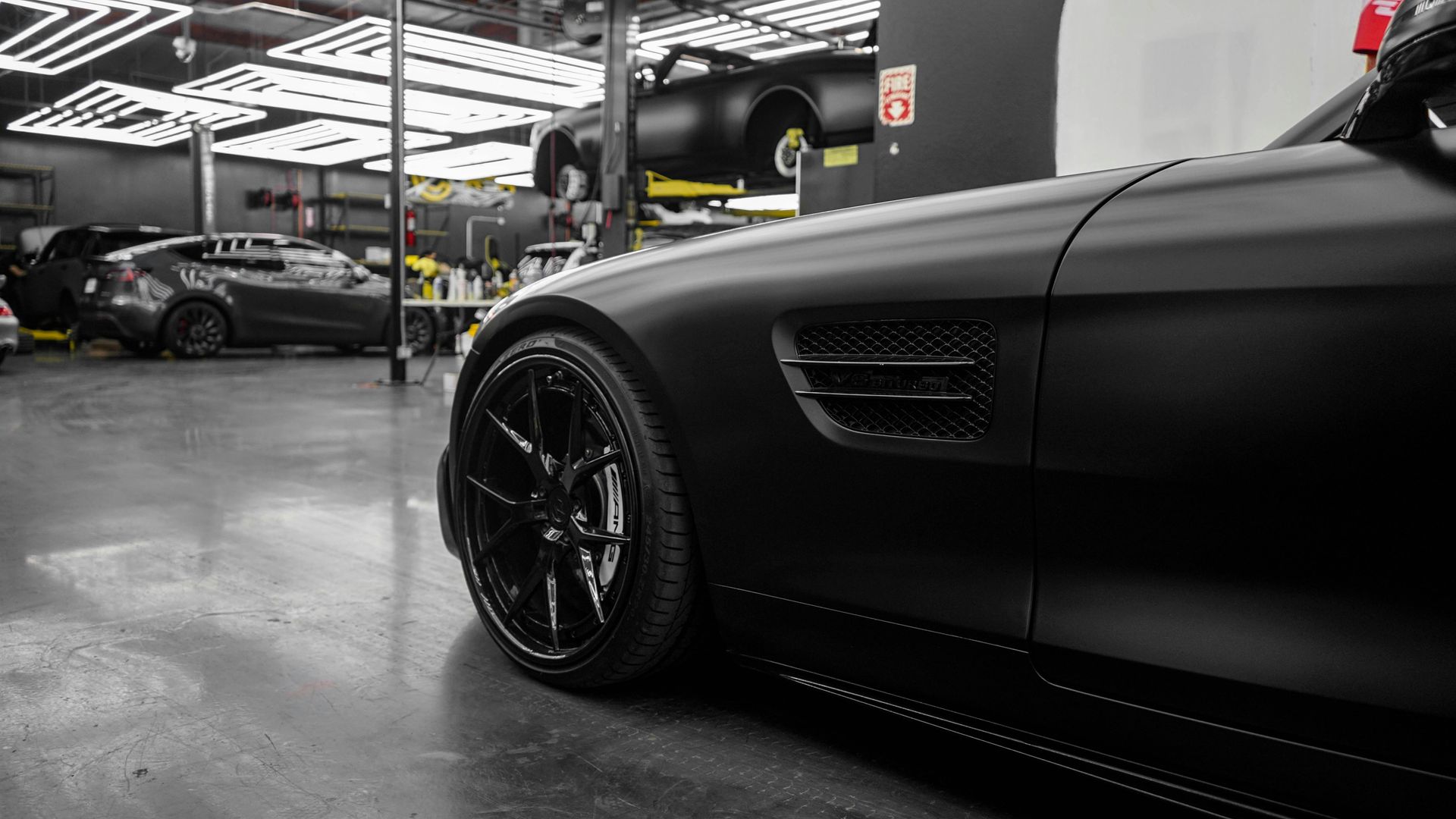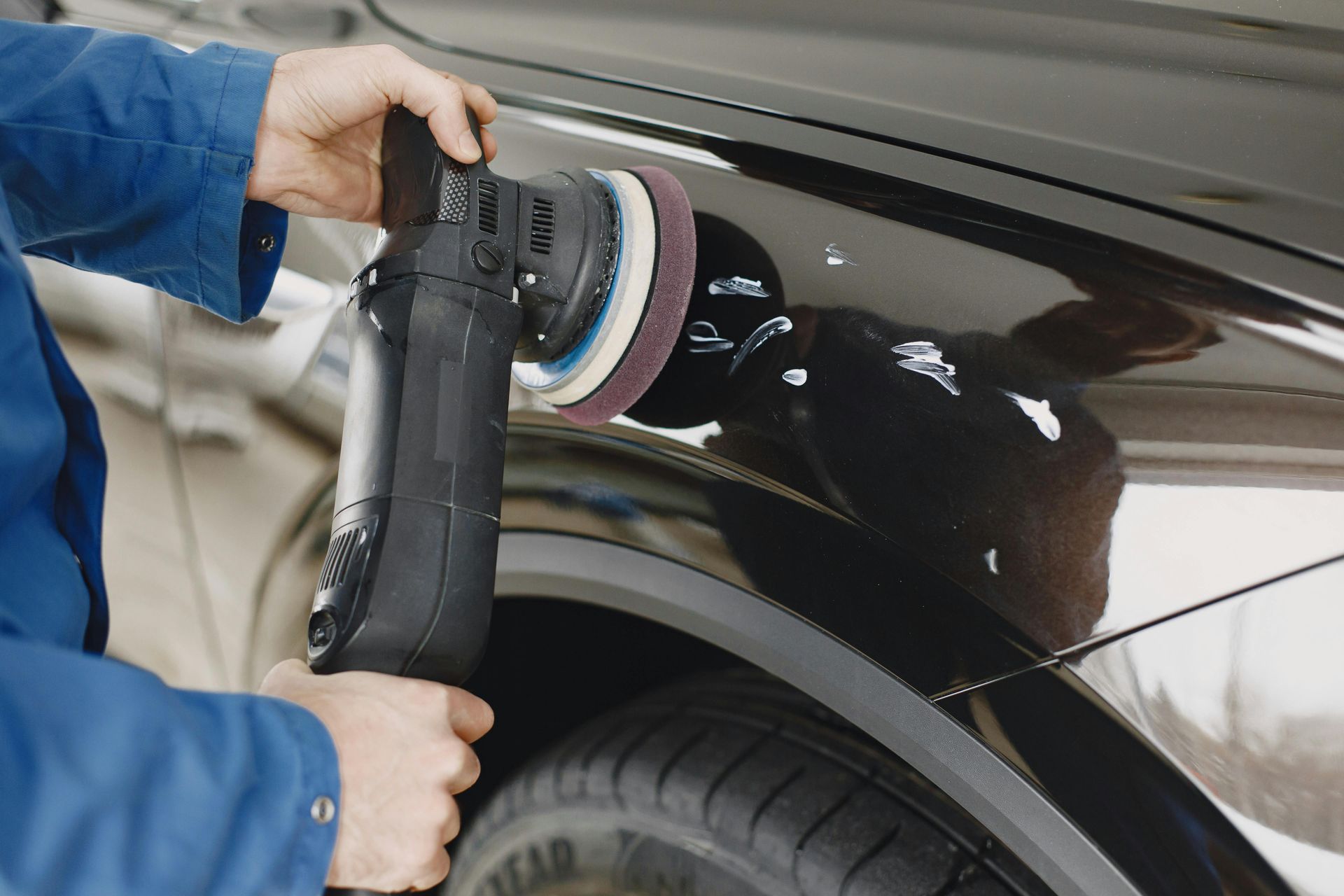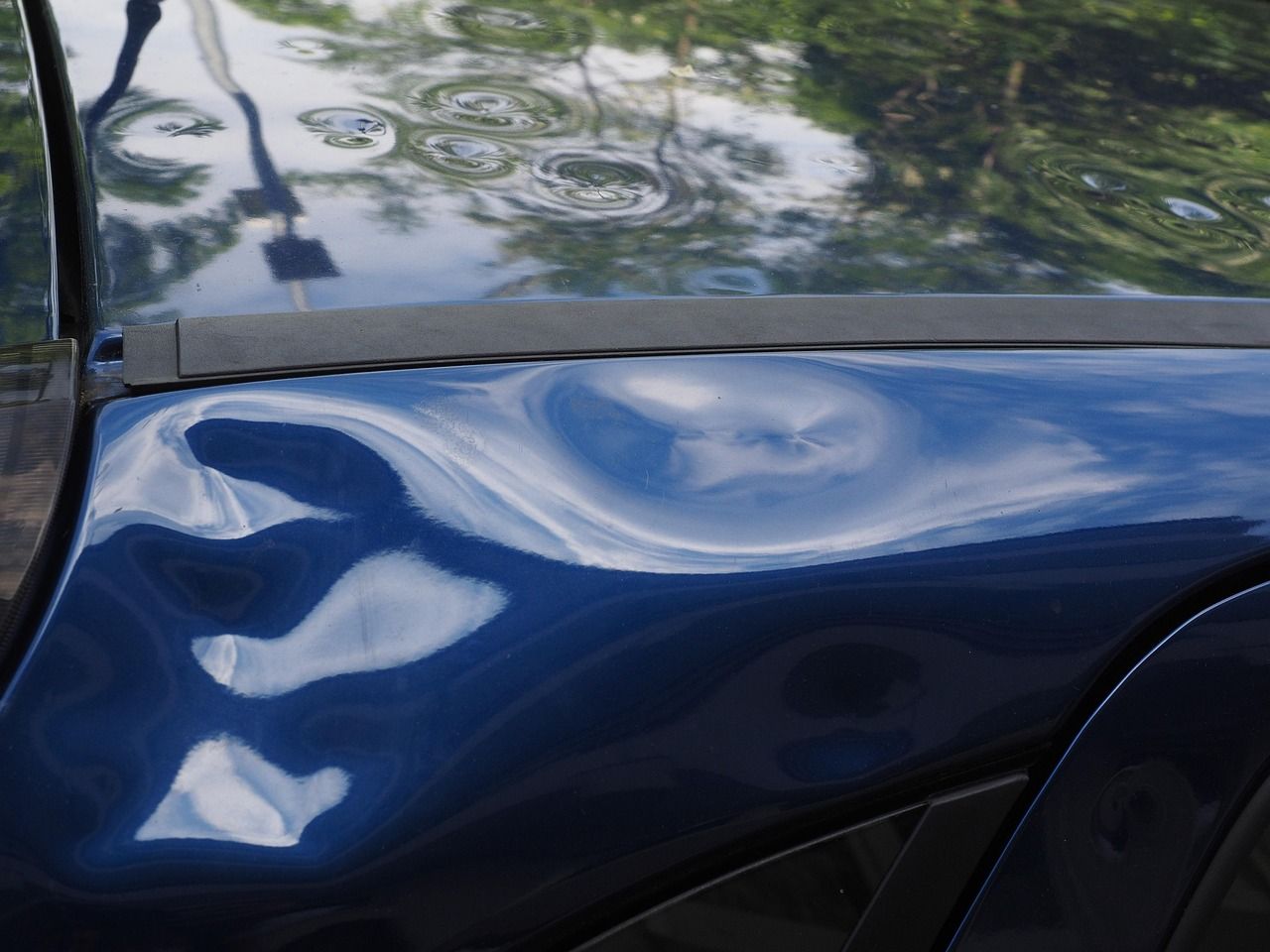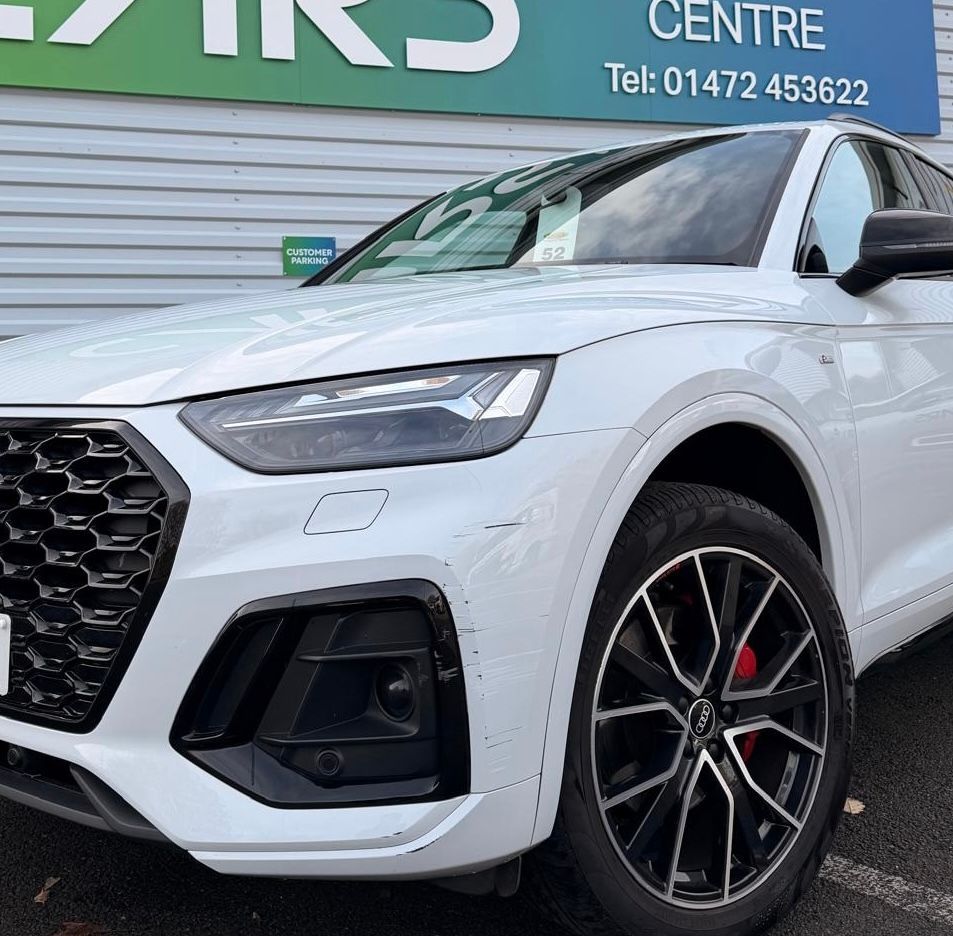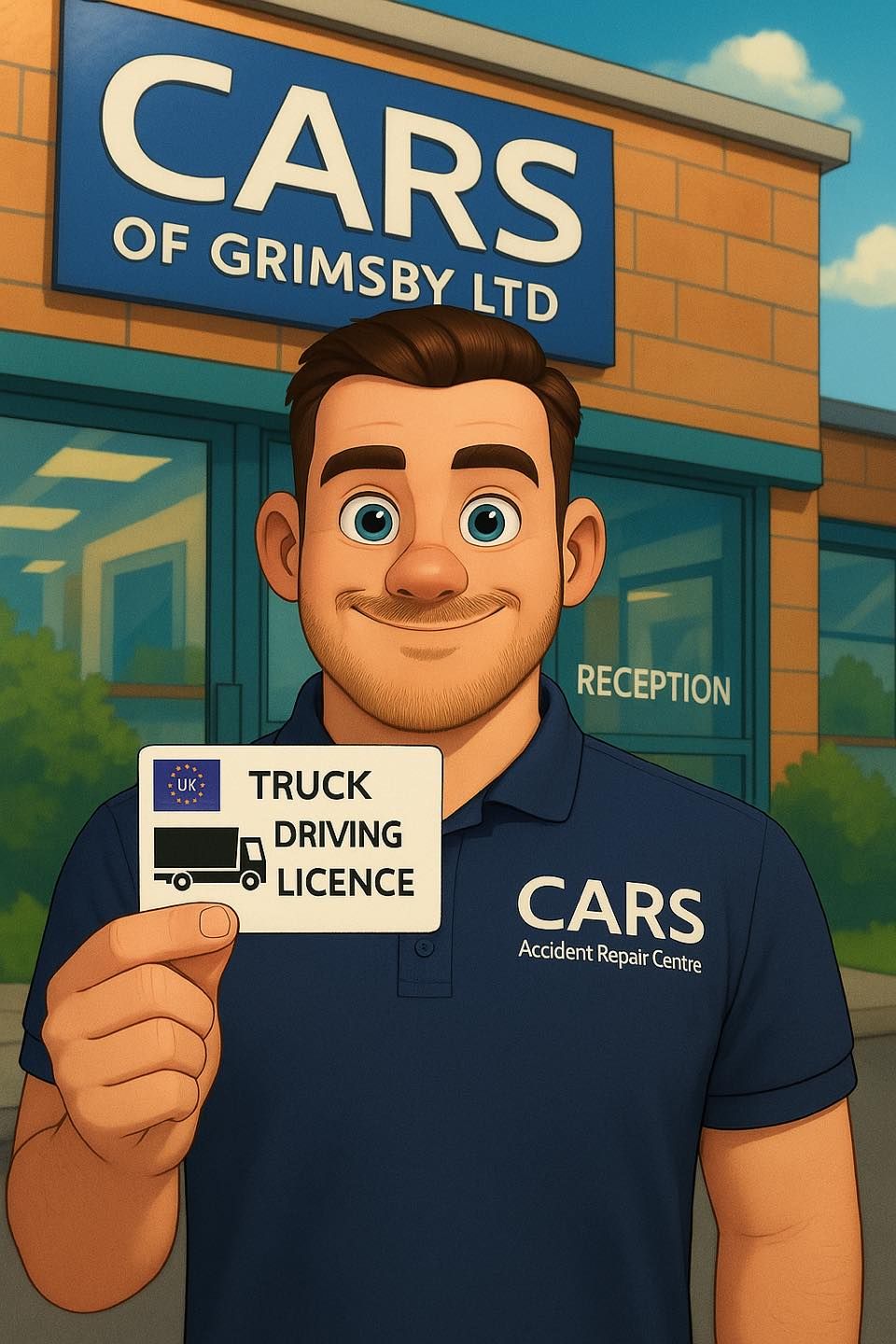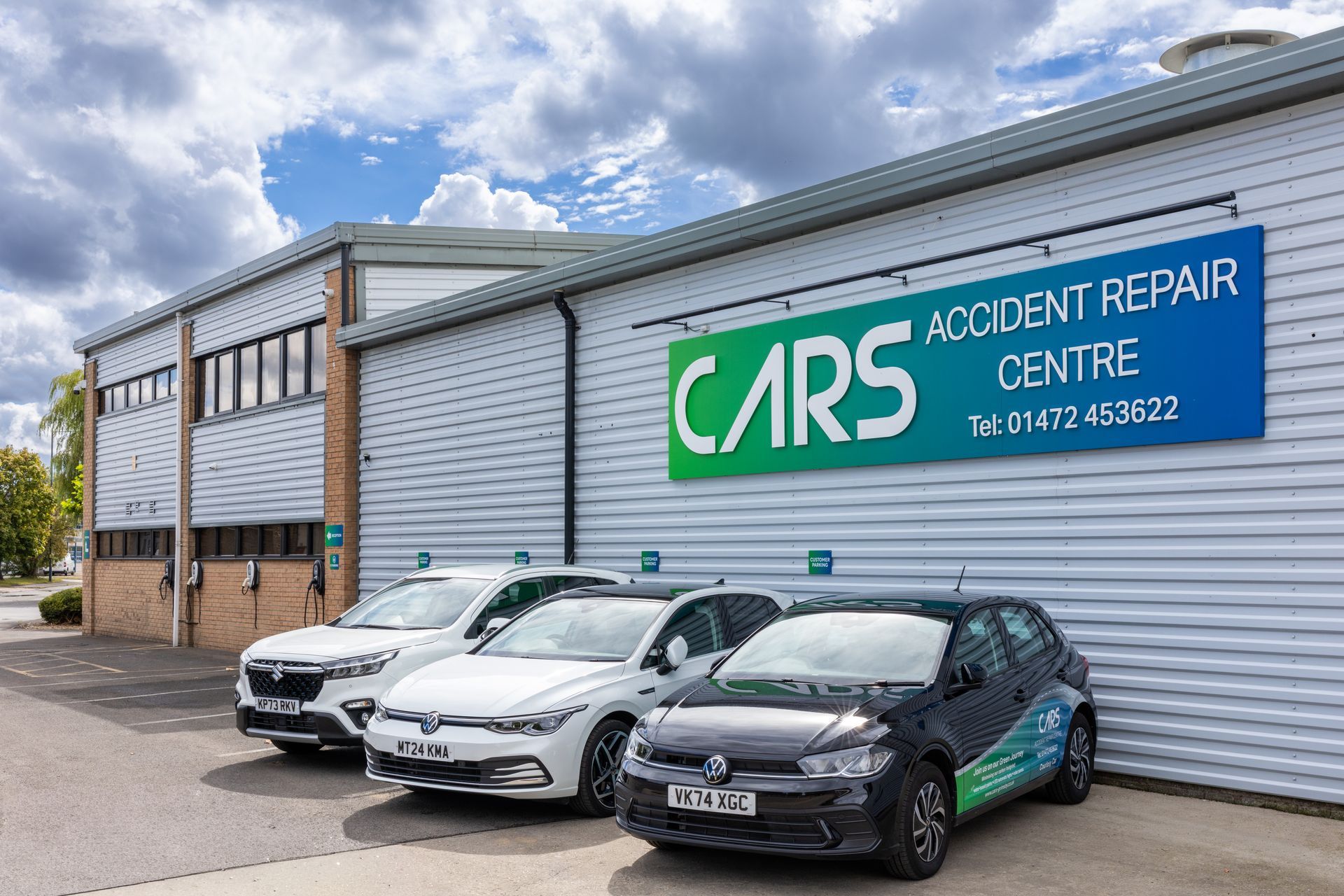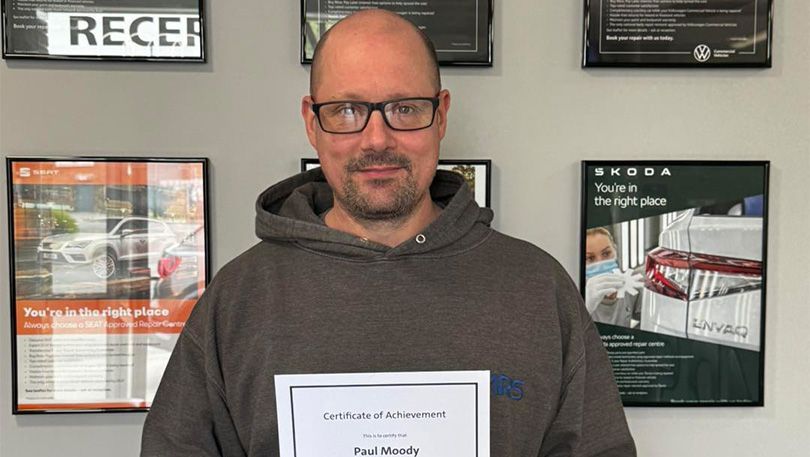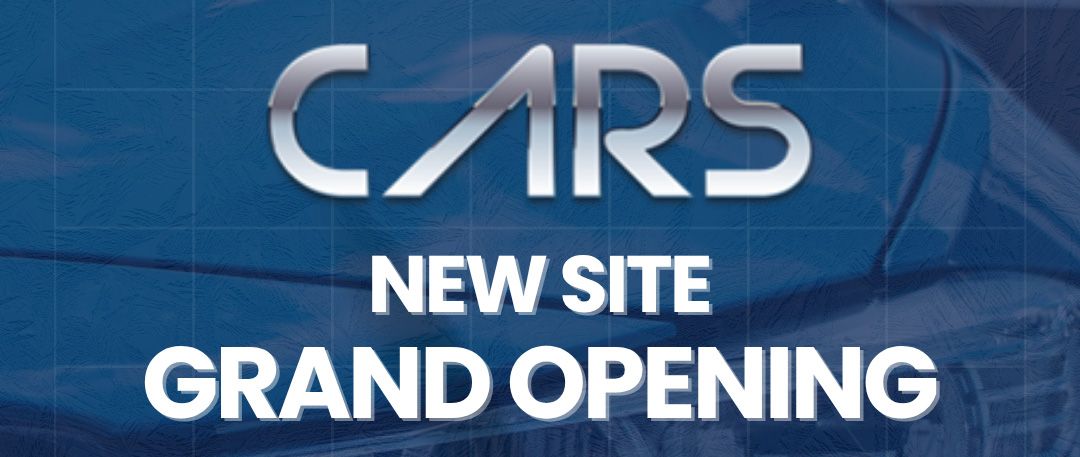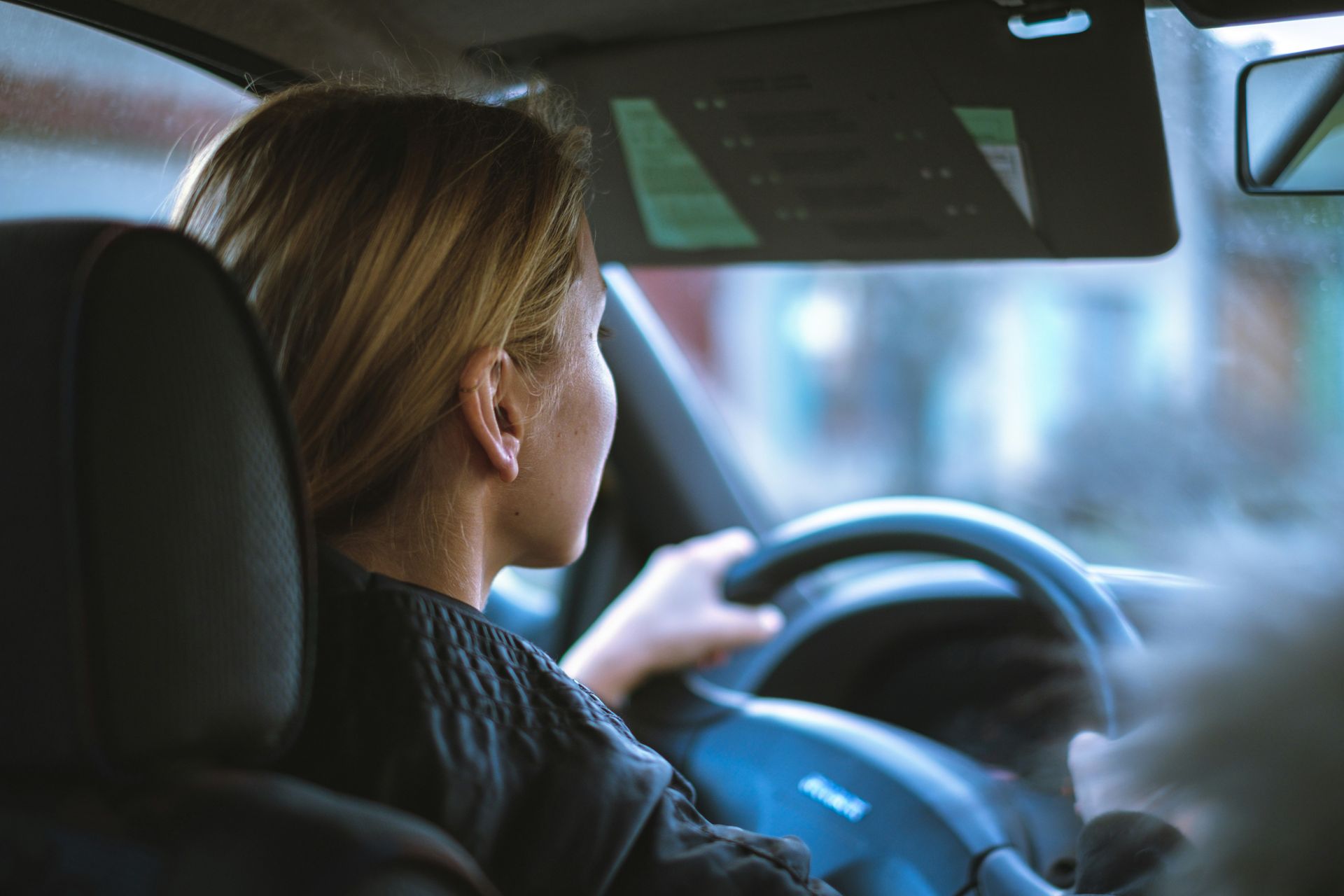How To Take Care Of Your Car
How to Keep Your Car in Good Condition: 4 Simple Maintenance Tips
Here are 4 things you should do regularly to keep your car in good condition, or even extend its lifespan:
1. Check your tyres
It’s important to ensure that your tyres are at the correct pressure, especially before driving any long distances. You can check your tyres by attaching a pressure gauge to the tyre air valves, which are available at fuel stations. Do remember that the required tyre pressure may be different for the front and rear tyres, so always check your vehicle handbook.
Additionally, you also need to maintain the correct tyre tread depth. Legally, to drive your car on UK roads, each tyre must have tread of at least 1.6mm deep across 75% of the tyre width and all around its circumference. Be aware, uneven wear patterns on the tyre (wearing on an outside edge, for instance) could indicate a problem with a vehicle’s geometry.
If you’re unsure on whether your tyres are legal, you can pop into CARS of Grimsby or any other quality vehicle repair centre to have them checked.
2. Keep the fluids topped up
Keeping the fluids topped up is essential to your vehicle’s performance and safety. Too much or too little oil in the engine can be catastrophic. The engine oil can be checked when cold using the dipstick. Some more modern vehicle oil levels can be checked using the onboard computer. You should always ensure that you are using the correct oil type for your vehicle make and model.
The coolant level should also be checked periodically, when the engine is cold.
In addition, low brake fluid can lead to a spongey brake pedal, which can be dangerous and also requires immediate attention at a reputable service centre.
3. Keep your vehicle clean
You should always ensure that your vehicle’s number plates are visible, along with your lights and mirrors to avoid unnecessary obstructions to yourself and other motorists.
Furthermore, dirt under your wheel arches can lead to corrosion. Bird droppings can burn a vehicle’s paintwork, as can bugs and insects when left on the vehicle’s surface.
We recommend cleaning your car once per week, making sure you clean under all wheel arches and remove any contamination from the paint.
4. Have your vehicle serviced regularly
A highly-skilled mechanic can conduct a full check of your vehicle during a service. A service will likely include checking all of the above measures, as well as additional tasks to maintain the safety and performance of your vehicle. Visit our blog ‘Why is it important to service my car?’ for further information.
Summary
In summary, have your car serviced at a reputable service centre in accordance with manufacturer recommendations, check your tyres and fluid levels at least once per month – and don’t forget the screen wash, especially if you’re going on a long journey!
If you have any queries about the information provided above or want CARS of Grimsby to look over your vehicle, don’t hesitate to give us a call!

